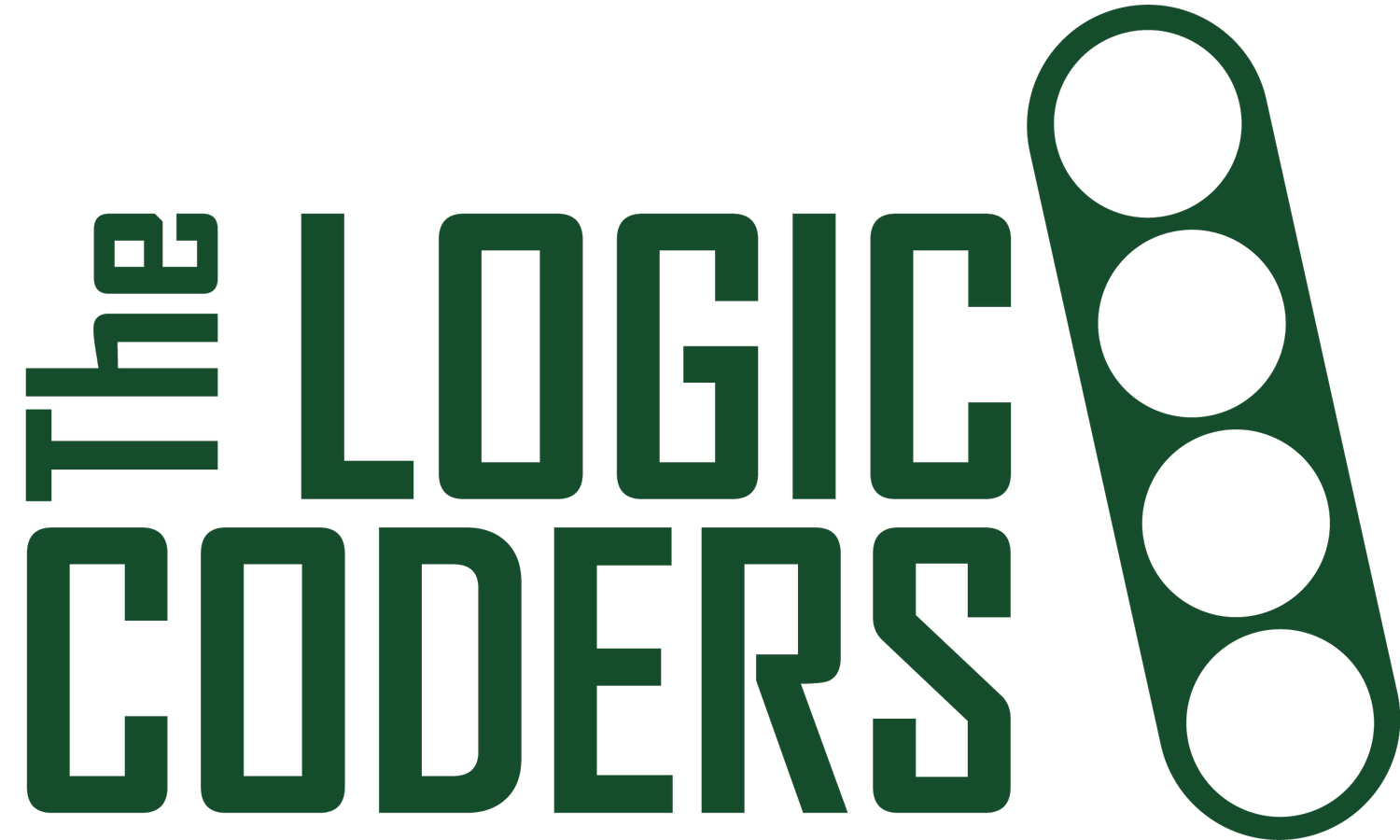Is 10-hours of coding exposure that MOE is implementing enough?
Learning to code used to be an advantage, today it has become the norm
The days where coding was a niche area of expertise accessible to only the smartest of minds are numbered. The prevalence of technology in every aspect of life coupled with the introduction of higher-level coding languages such as Java and Python has made coding an essential life skill for children today.
Singapore's Ministry of Education (MOE) certainly concur. MOE is moving quickly in 2019 after a well received pilot project in 2014 to scale the coding exposure program nation-wide.
To us at The Logic Coders, this is recognition that coding has become mainstream. Coding and computational thinking skills are now a necessity in the world that our children will grow up in.
Is 10-hours sufficient in developing a foundation in coding and computational thinking?
Concepts within computational thinking are abstract and often challenging for children to understand as they tend to be tangible learners. Learning such concepts requires constant repetition and exposure to various applications. Using mathematical concepts as an analog to computational thinking, mastering addition and subtraction takes years of practice - from kindergarten all the way to lower primary! From that perspective, 10-hours will almost certainly not be enough.
However, as a means to expose our children to these concepts, these programs provide immense value should they ignite an interest in coding.
Cultivating an interest in coding in your child
Options for parents to expose their child to coding concepts are growing by the day - they range from online coding games to enrichment classes and everything between.
We think that the following characteristics are important for any coding exposure:
1. Age appropriate - setting the difficulty and focus right to minimize unnecessary frustration and maximize fun
2. Application based - real-world applications provide context and meaning to what they are learning
3. Wide range of possibilities - platform limitations should not restrict creativity
4. Environment - positive feedback for the child to make them feel proud of their achievements

